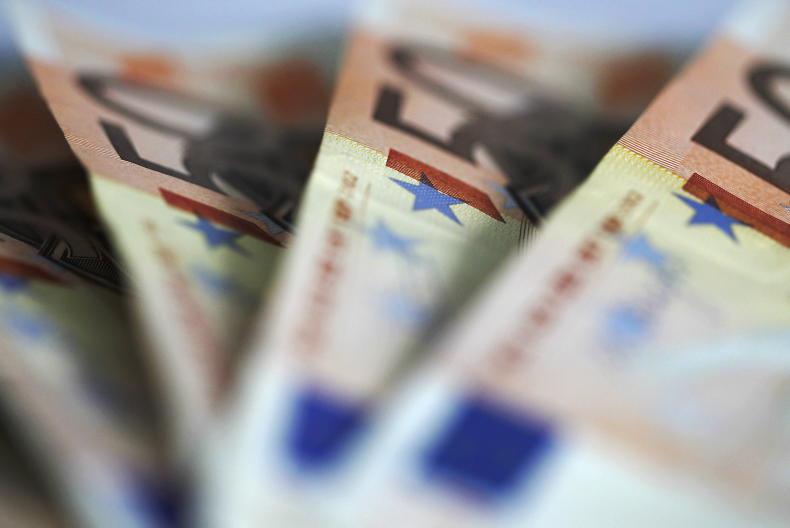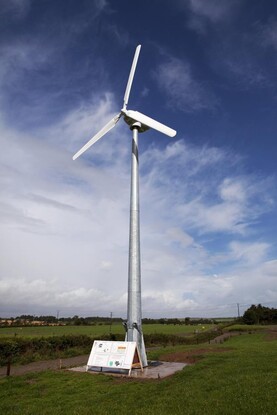A European Anti-Fraud Office (OLAF) investigation last year uncovered that €850,000 in EU farm payments was claimed by Italian criminals who falsified documents to claim money for tomato production in Romania.
The group targeted funding offered to Romanian farmers from the European Agricultural Guarantee Fund (EAGF) to help support tomato production during the 2017 growing season.
Joint investigation teams discovered “a complex and sophisticated scheme that involved not a single hectare of farmland or any farm or other agricultural operations in Romania”.
Instead, the criminal group set up five shell companies, all at the same address in Romania and all with their own bank accounts with the same bank, created solely to receive EU subsidies and without any intention of growing a single tomato, OLAF found.
Fake leases
“Using falsified documents such as fake lease contracts with the same landowner or fake invoices for the purchase of tomato seeds, the fraudsters managed to obtain €850,000 from the European Agricultural Guarantee Fund (EAGF).
“Yet not a single cent of that money was spent in Romania. As soon as the Romanian paying agency paid the subsidies into the bank accounts of the five companies, the money was transferred to bank accounts in Italy, where it was swiftly withdrawn from cash machines or over the counter in banks and used to finance other criminal activities,” OLAF said.
The investigation was closed in October 2020 with judicial recommendations for the Romanian and Italian judicial authorities, and a financial recommendation for DG AGRI to recover the full amount of €850,000 stolen by the fraudsters.
Criminal proceedings in Romania related to this case have already led to the seizure of more than €215,000 from the bank accounts of the five companies concerned, all of which came directly from the fraudulently obtained EAGF funding.
Tampering scheme for machinery in France
In another case last year, the anti-fraud unit closed a case in Corsica, France, where it investigated farmers following suspicions that they had submitted false invoices in order to obtain a higher level of payments for the investing in equipment on their farms.
“Focusing in particular on suppliers’ invoices, submitted by the beneficiaries to the French paying agency in support of their payment claims, OLAF’s investigators uncovered a sophisticated scheme involving claims for many times the sums actually due.
“OLAF found evidence of a tampering scheme. Information on the invoices – dates, signatures and amounts – was illegally altered in order to claim the reimbursement of hundreds of thousands of euros from EAFRD [European Agricultural Fund for Rural Development] funding.
“Following its investigation, OLAF recommended the recovery of the amounts unduly paid by DG AGRI, as well as a judicial recommendation to take criminal action against the fraudsters and forgers,” it said.
Farm payments a common target
OLAF said as a result of agriculture and rural development accounting for one of the largest shares of the EU budget, this in turn makes it a “common target” for fraudsters.
Cases investigated by OLAF typically involve issues such as inflated reimbursements of investments for the modernisation of buildings and agricultural equipment, or on irregularities involving subsidies for the first installation of young farmers.






 This is a subscriber-only article
This is a subscriber-only article










SHARING OPTIONS: